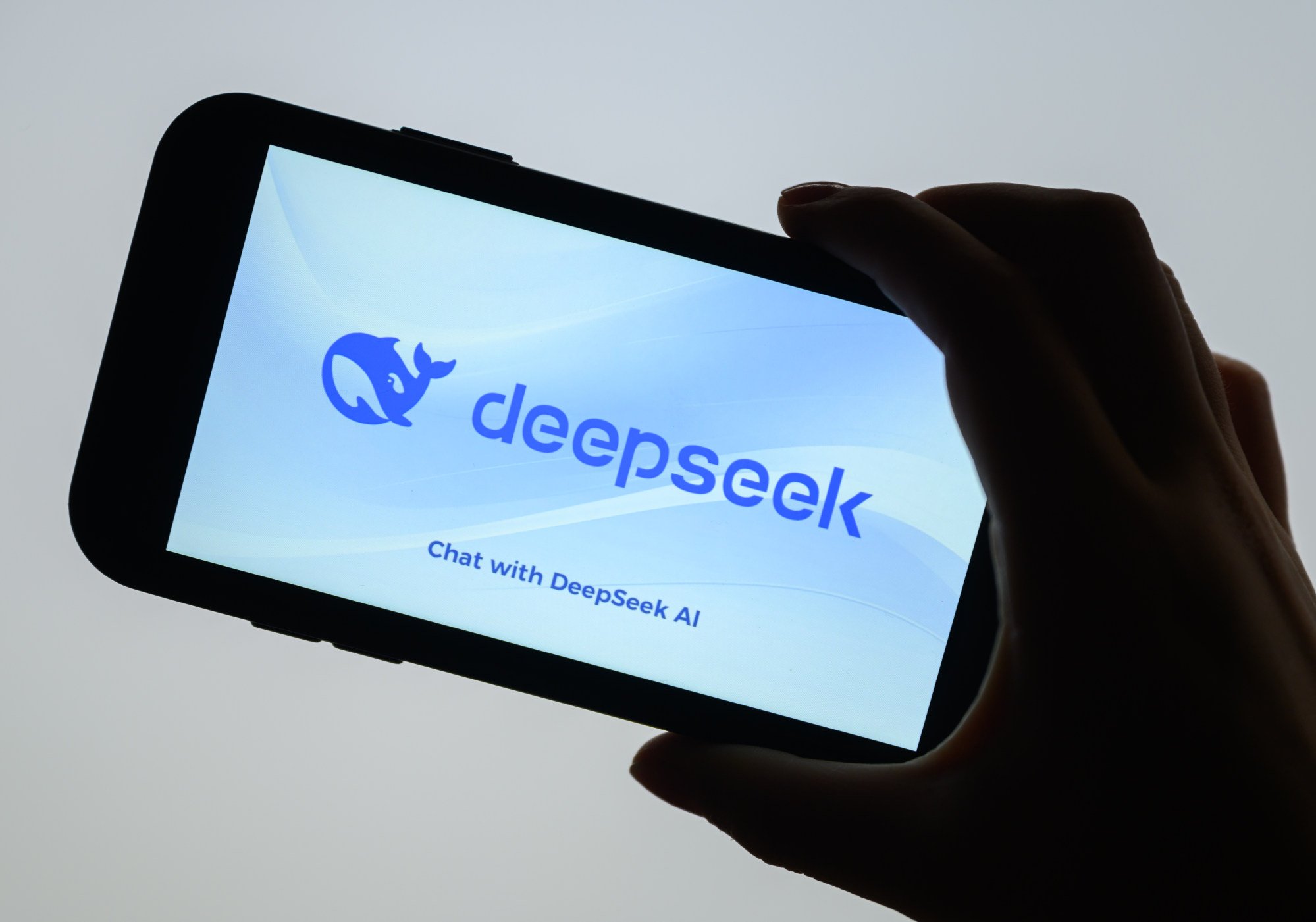AI Chatbots Rise in China, Boosting Ad Insertion Business

Understanding the Rise of Generative Engine Optimisation (GEO)
As AI-powered chatbots like ChatGPT become more popular, a new approach to digital visibility has emerged: Generative Engine Optimisation (GEO). Unlike traditional Search Engine Optimisation (SEO), which focuses on improving rankings in search results, GEO aims to ensure that content is cited, summarised, or recommended by artificial intelligence models. This shift is particularly important as AI systems generate concise "answers with a word limit."
Yuan Yong, branding director at Big Fish Marketing in Shenzhen, has been involved in SEO since 2014. He recently entered the GEO space after Chinese AI start-up DeepSeek gained attention, prompting many local companies to re-evaluate their strategies. According to Yuan, the goal of GEO is to enhance the exposure of a company's content across news outlets, online portals, and platforms similar to Wikipedia.
One example of successful GEO implementation is the online education platform Nuoyun. After the Big Fish team refined the content on its website and published 40 articles on other websites, DeepSeek recommended it as one of the best resources for online education in China. However, maintaining this visibility requires continuous effort, as content must be fine-tuned regularly to stay relevant.
Big Fish offers three standard packages for GEO services, priced between 3,800 yuan (US$530) and 29,800 yuan, depending on the number of prompts and the duration of service. The most expensive package guarantees that at least 12 out of 20 monthly prompts will deliver results. If not, the company refunds 1,000 yuan for each failed prompt.
The longevity of a company's information in AI-generated answers depends largely on competition. For products targeting individuals, such as lipstick, constant advertising from other brands makes it harder to stand out. In contrast, specialized products like medical equipment may remain cited by AI chatbots for several months.
The GEO industry itself is highly competitive. Professionals must update content daily, or even every few hours, to maintain visibility when users seek GEO-related services. This fast-paced environment requires constant adaptation and innovation.
AI chatbot developers are also exploring ways to monetise their services. In November, US-based Perplexity AI began experimenting with ads displayed as sponsored follow-up questions. However, the company stated that these ads would not influence the answers provided.
In China, major AI companies have yet to announce similar monetisation plans. Tencent Holdings' chief strategy officer, James Mitchell, mentioned during a November earnings call that the focus is on making its Yuanbao chatbot appealing to users, rather than prioritising early monetisation.
Some AI platforms may resist showing marketing content in answers. Lu Songsong, a marketing specialist running Beijing Songsong Brother Technology, warned that content containing words like "cheapest" or "absolutely effective," or including mobile numbers or WeChat accounts, might be ignored by AI systems.
Currently, GEO remains a developing industry. Yuan noted that his company still relies heavily on traditional SEO for revenue, as income from GEO is only a fraction of the total. Lu described GEO as an avant-garde concept in China, where well-funded companies can experiment, but it may not create widespread impact.
"If AI search becomes mainstream, with a market share of over 30 per cent, GEO will definitely become a necessity," Lu said.
Globally, AI search is still limited in usage. In 2024, Google handled 14 billion searches per day, far surpassing ChatGPT's volume, according to a March report by SparkToro and Datos. However, ChatGPT continues to grow rapidly.
As AI technology evolves, the role of GEO is likely to expand, shaping how brands interact with AI-driven content and user experiences. For now, it remains a niche but promising field with significant potential for growth.

Comments
Post a Comment